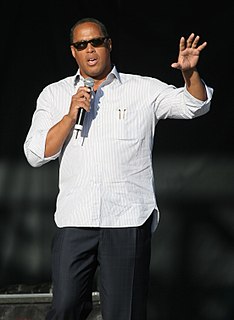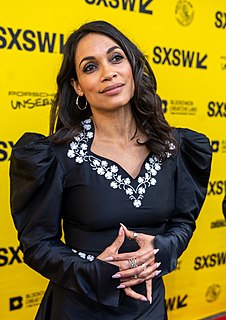A Quote by Gillian Flynn
Libraries are filled with stories on generations of brutal men, trapped in a cycle of aggression. I wanted to write about the violence of women.
Related Quotes
When women's sexuality is imagined to be passive or "dirty," it also means that men's sexuality is automatically positioned as aggressive and right-no matter what form it takes. And when one of the conditions of masculinity, a concept that is already so fragile in men's minds, is that men dissociate from women and prove their manliness through aggression, we're encouraging a culture of violence and sexuality that's detrimental to both men and women.
Turkey is a complex country. Most readers are women, of all generations, and they are passionate about books. However, the written culture is mostly patriarchal. In general, men write; women read. I would like to see this pattern changing. More women should write novels, poems, plays, and hopefully, more men will read fiction.
We need more female directors, we also need men to step up and identify with female characters and stories about women. We don't want to create a ghetto where women have to do movies about women. To assume stories about women need to be told by a woman isn't necessarily true, just as stories about men don't need a male director.
Naturally my stories are about women - I'm a woman. I don't know what the term is for men who write mostly about men. I'm not always sure what is meant by "feminist." In the beginning I used to say, well, of course I'm a feminist. But if it means that I follow a kind of feminist theory, or know anything about it, then I'm not. I think I'm a feminist as far as thinking that the experience of women is important. That is really the basis of feminism.
... the socialization of boys regarding masculinity is often at the expense of women. I came to realize that we don't raise boys to be men, we raise them not be women (or gay men). We teach boys that girls and women are "less than" and that leads to violence by some and silence by many. It's important for men to stand up to not only stop men's violence against women but, to teach young men a broader definition of masculinity that includes being empathetic, loving and non-violent.
Long before I became a feminist in any explicit way, I had turned from writing love stories about women in which women were losers, and adventure stories about men in which the men were winners, to writing adventure stories about a woman in which the woman won. It was one of the hardest things I ever did in my life.
Back in the days when men were hunters and chest beaters and women spent their whole lives worrying about pregnancy or dying in childbirth, they often had to be taken against their will. Men complained that women were cold, unresponsive, frigid... They wanted their women wanton. They wanted their women wild. Now women were finally learning to be wanton and wild - and what happened? The men wilted.
As an advocate to end violence against women, I have come to learn that the shame surrounding domestic violence is a barrier to talking about the issue. #? PurplePurse provides victims and those who support the cause with information and resources they need to take the necessary actions to break the vicious cycle with confidence.

































